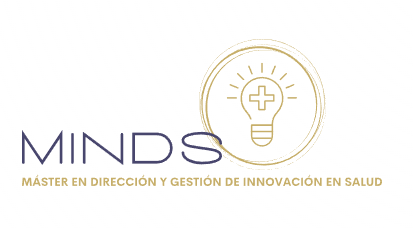IDIVAL obtains the official reaccreditation of the Carlos III Health Institute (ISCIII) as a Health Research Institute. A fundamental certification for the exercise of its competences in such fundamental areas as organ and tissue transplants or new therapies, neuroscience, cancer, infectious diseases and the immune system or diseases related to aging and life habits, in addition to COVID-19, which are some of IDIVAL's lines of research.
IDIVAL has done a great job of updating and renovating to meet the rigorous standards and strict requirements demanded by the ISCIII, competent for certification. The renewal is valid for five years after which it will be necessary to re-evaluate all the scientific and management activities carried out by the Institute.
IDIVAL is one of the 32 centers in 12 accredited autonomous communities, among which are the hospitals with the greatest research and innovation activity in our country. These 32 accredited centers have priority access to various annual grants from the Strategic Action in Health (AES) and increasingly to more competitive aid programs for the research of institutions that consider this accreditation as a guarantor of the proper functioning and management of resources.
The requirements for accreditation entail having an organizational structure that is adequate for the purposes and sufficient and well-applied resources. In addition, reaccreditation is focused on increasingly relevant aspects, related to ethics, gender equality, responsible governance, open access, scientific education, and the participation of society in research institutes. All this work must be carried out in accordance with a Strategic Plan, which in the case of IDIVAL must be redefined in 2021, the date on which the current one expires.
Complex process
The complex process of renewal of IDIVAL accreditation began in 2019, in the final phase of the previous accreditation duration, to review compliance with the demanding requirements set out in the accreditation guide, which include aspects related to governance, the scientific strategy and impact on society of the institute. In addition, a team of ISCII auditors assessed on-site for three days last December whether the center met the standards. In fact, the accreditation process, regulated in Royal Decree 279/2016, of June 24, states that teaching hospitals constitute the basic nucleus of the investigation, which in the case of IDIVAL is the Marqués de Valdecilla University Hospital. In addition, IDIVAL has the participation of the University of Cantabria.
IDIVAL received its first accreditation in 2015 and this renewal represents “the definitive impulse to face a moment of increasing activity marked by the coronavirus epidemic, as indicated by the figures presented at the last meeting of its Board of Trustees held on June 24.
This reaccreditation will serve to face future challenges as important as internationalization, the reinforcement of clinical research activity in highly complex trials, the promotion and attraction of clinical research talent and the enhancement of innovation, all aligned with European programs in which foresees an important reinforcement of actions aimed at innovation and health research derived from the COVID pandemic.
It must be remembered that, during 2020, IDIVAL has a budget of more than 8 million euros (2,019,000 provided by the Ministry of Health), 75% of which comes from funds raised by researchers, which will allow for a staff hired for projects of more than 100 people, be they technicians, researchers or support personnel, throughout the year.
IDIVAL published more than 450 scientific papers last year, exceeding 2,500 impact factor points for the first time, the main indicator of research activity. In addition, it already accumulates more than 160,000 citations in international literature and, in 2019, it exceeded 2.5 million euros of turnover from clinical trials.





















